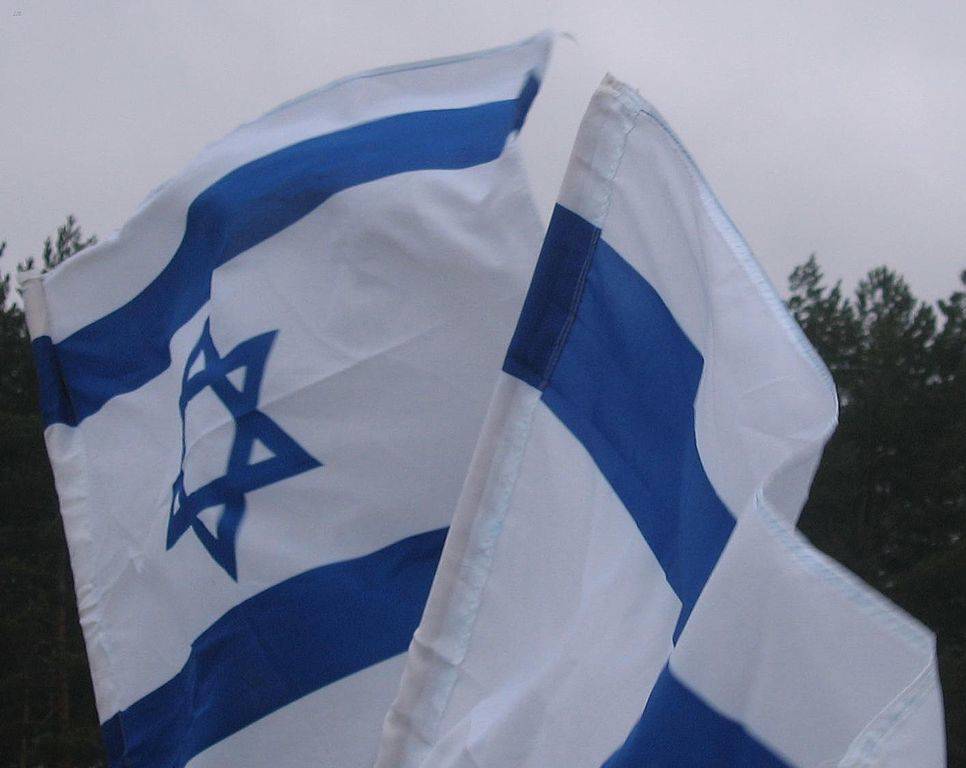
This year Israel celebrates 75 years since it was established. That spawned the Arab-Israeli conflict and the displacement of the Palestinians, known as the Nakba. PRIO researchers have done extensive research on the formative years of Israel and the events surrounding the establishment.
In this set of articles Jørgen Jensehaugen, Marte Heian-Engdal and Hilde Henriksen Waage analyse how the Zionist Movement, and then later Israel, played the international diplomatic game extremely well and gained recognition, first as an independent state and then as a UN member. They secured such recognition despite international pressures to accept the borders of the UN partition plan, and internationalization of Jerusalem and the implementation of the right of return for the Palestinian refugees. A core Israeli argument at the time was that only as a UN member state could they negotiate peace on an equal footing with the Arab states. Once membership was granted, however, Israel pocketed that gain and withdrew from negotiations.
In this set of articles Jørgen Jensehaugen, Hilde Henriksen Waage and Petter Stenberg analysed the armistice negotiations that followed after the 1948 war. Between them, the three articles show that Jordan, Egypt and Syria all negotiated with Israel from a position of weakness, and that Israel used this to their advantage. In the Jordanian case Israel used force and blackmail, sidelined the UN mediator and effectively enlarged their territory through negotiations. In the Egyptian case the Israelis used their position of strength to secure the entire Negev desert, creating the borders we know today.
In the Syrian case the Syrian negotiators refused to budge under Israeli pressure and the agreement resulted in demilitarized zones along the border. Rather than solving the conflict between the parties this merely postponed tensions. In all three cases the Palestinian issue, especially the refugees, was ignored completely.
In today's political reality many consider Norway to be a state with strong solidarity for the Palestinians and with a rather cold relationship with Israel. When Israel was founded the opposite was true. For the first years of Israel's existence Norway was considered one of Israel's best friends. In this article Hilde Henriksen Waage explores why that was so, and what the political implications of that friendship were.
In the last few months, Israel has seen the largest protests in its history. In a new episode of PRIO's Peace in a Pod podcast, Jørgen Jensehaugen and Hilde Henriksen Waage explore the controversial so-called judicial reform, what it means for Israeli society and Palestinians. The episode is available on Spotify, Apple Podcasts and other platforms.





